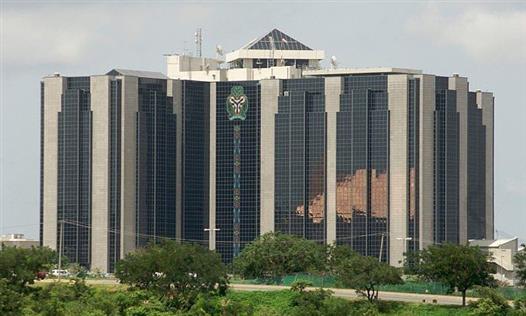
Sep 22 (Lagos) - Ignoring the inflation rate (CPI 13.22% & FOOD 16%) , the Monetary Policy Committee of the Central Bank of Nigeria decided to cut its key benchmark lending rate to 11.5% when 6 members voted in favor of 1% cut, 1 member voted for 0.5% cut and three members voted for status quo.
CRR was retained by 27.5%
liquidity ratio was retained at 30%
The MPC also adjusted the asymmetric corridor from +200/-500 to +100/-700. This puts the Standard Lending Facility (SLF) and Standard Deposit Facility (SDF) at 12.5% and 4.5% respectively.
Our Views and implications:
Maintaining an artificially low interest rate sharply below inflation rate is opposite of a normal economic policy and is not likely to lead to more lending. Banks continue to charge much higher interest rates than the benchmark lending rate and this cut will probably please the forces controlling CBN decisions under the current Government.
What was more shocking was that there was no discussion on curbing the spread between the parallel market and the official forex rates. In other words cutting interest rates signal willingness to let the Naira weaken further even after its recent devaluation and capitulation in the parallel markets.
CBN is also discouraging savings culture as the savings rate will be lowered to 1.15% from 1.25% which will also reduce the marginal propensity to save.
There is a positive for banks as this will lower their cost of funds which is positive for their net interest margins.
CBN may be encouraging people to actually hoard Dollars and other foreign currencies by signalling its willingness to weaken Naira and also not leave any decent avenue for the country's citizens to save money and earn at least an inflation adjusted interest on their savings. Even more people could now start seeing buying foreign currencies as a viable alternative to keeping money in the banks or treasury bills.
reporting for easykobo.com on Tuesday, Sep 22 2020 from Lagos, Nigeria